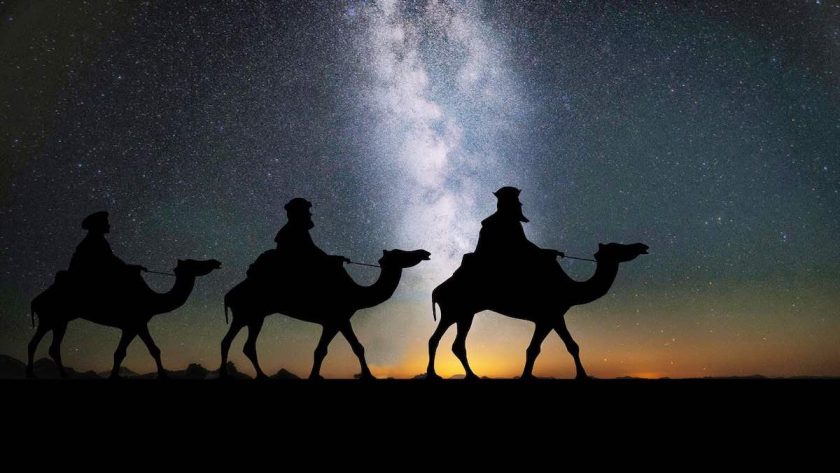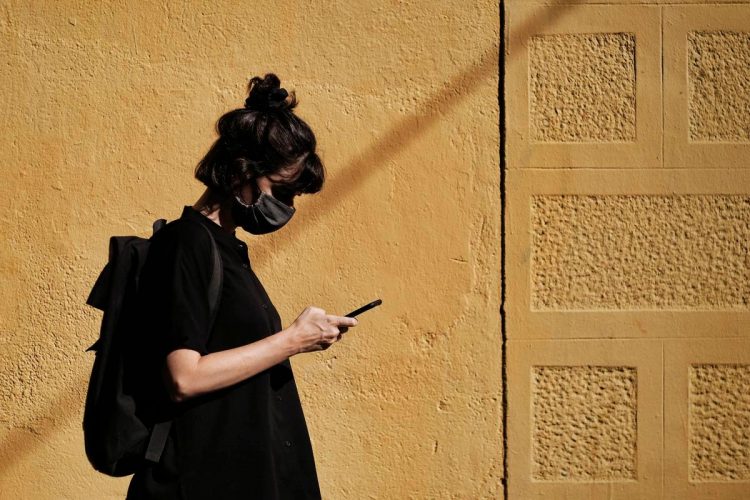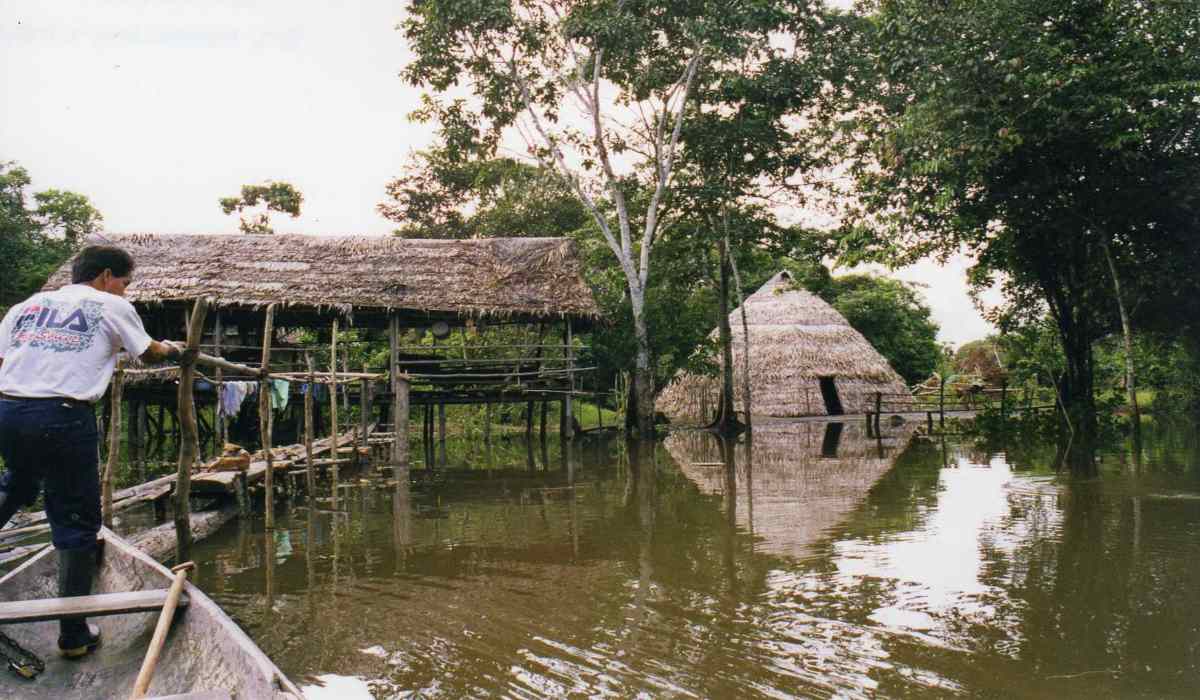This post is also available in:
 Español
Español
Although Santa Claus keeps on being the strongest priority of parents and children when receiving Christmas gifts, the Three Kings Day in South America and the celebration of the festivity between the night of January the 5th and January the 6 is a great day for their deep-rooted Catholic tradition.
So, as it happens in Spain and some European countries, Their Majesties from the East also travel the ‘New World’ with different nuances and traditions that are curious in the eyes of the traveler who visits any of the countries during these dates.
Three Kings Day in Argentina
In Argentina the little children introduce their letter inside of their shoes during the previous nights. Before that they clean the shoes and organize them so that Their Majesties know how many children there are in the house. Pretty clever! Do you think they may ask like a present visiting Perito Moreno?
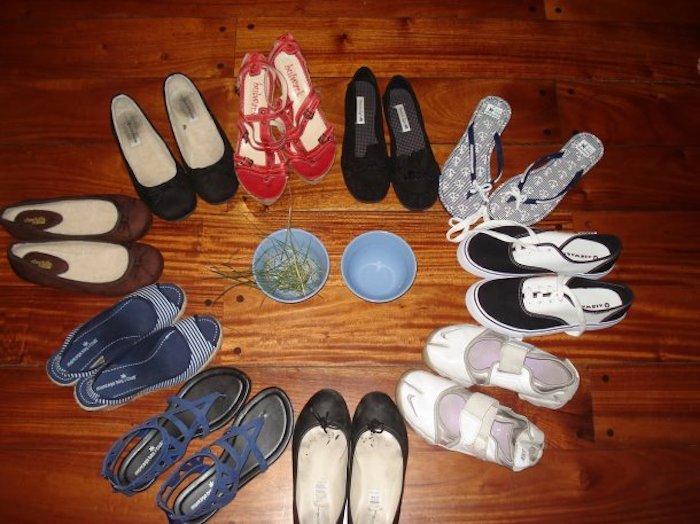
Three Kings Day in Bolivia
The Three Kings Day in Bolivia stands out more for the fraternity between families than for the gifts of parents to children. In this way, it is a Bolivian tradition that during the Day of the Wise Men the families bring their Cribs and Births to the mass so that they are blessed before being kept until the following year. After that the families gather at the door of the church to exchange figures and ornaments.
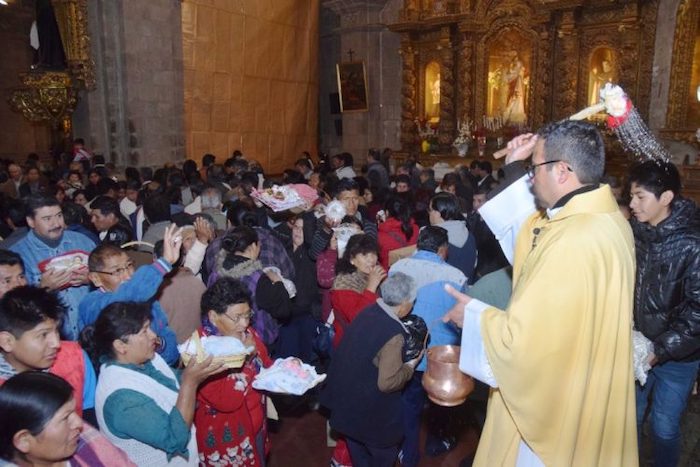
Three Kings Day in Chile
In Chile there is a tradition of the XVIII century very rooted in the Andean country: the Holy Day of the Blackmen. In this celebrated tradition the baby Jesus is worshiped and the classic Three Kings cake is eaten. The origin of this name comes from the colonies of the south of Chile in which the black slaves and mestizos celebrated the birth of the son of God. Did you believe it was related with the history of Easter Island?
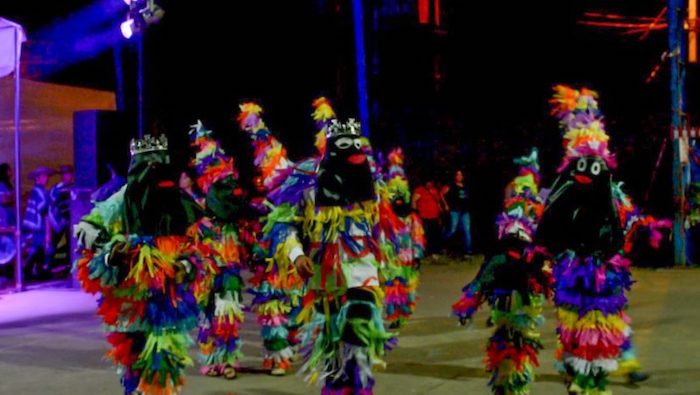
Three Kings Day in Mexico
Visiting Riviera Maya and discover in Yucatan the second most important sanctuary in the world in honor to the Three Kings sounds exciting. You can easily imagine the relevance they give to this festivity in Mexico.
The Mexican tradition order to eat the Kings cake during that night with hot chocolate, let’s obey the tradition! It is also common in some cities that the gifts are made by artisans using traditional materials from each locality.
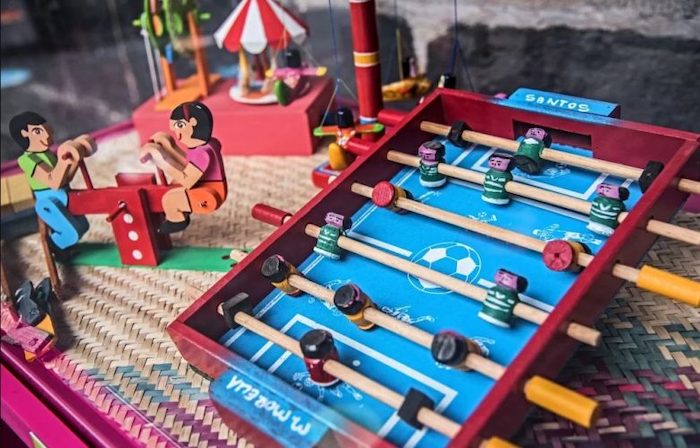
Three Kings Day in Peru
The Andean country also celebrates the so-called Bajada de Reyes with spectacular events, immaculate reenactments, religious processions and festive parties. Other custom in Peru is to dismantle the Nativity scene with a celebration in which neighbors make small donations of money while they are withdrawing figures and ornaments.
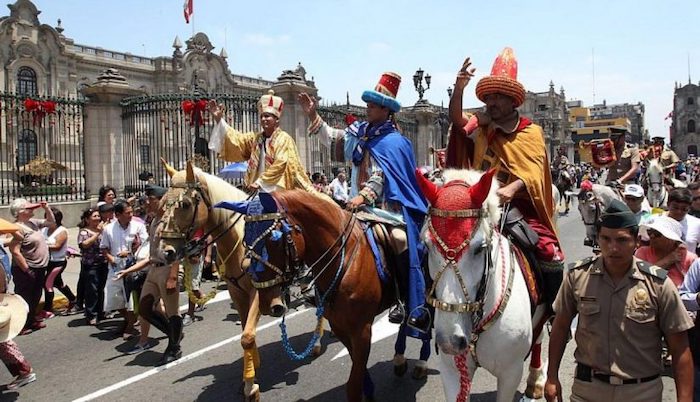
Three Kings Day in Puerto Rico
In the Caribbean country it is very common to see children running around parks searching for pieces of grass that they collect and put in a shoe box. They leave the box at the base of the bed during the night so that the camels of Their Majesties have something to eat as an exchange for the reward of the gifts. How lovely!
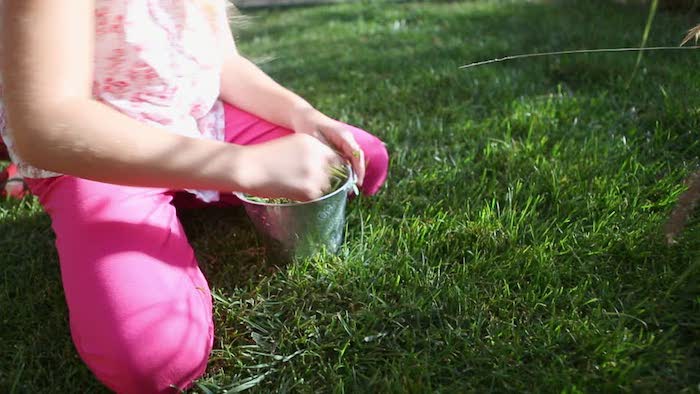
You can’t decide which of the ways to celebrate Three Kings Day in South America you liked the most. It’s normal because each country has its own particularities and knowing all of them would be wonderful. This idea is on your mind, we’ve got you! Which one would start your tour?

